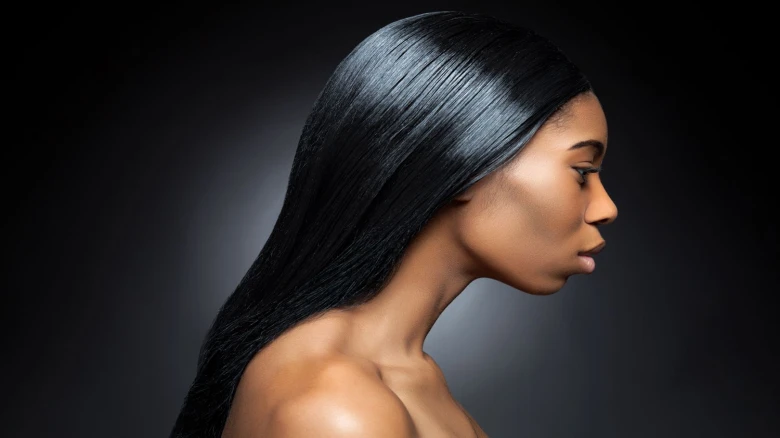According to the study, other hair products used by the women, such as hair colours, bleach, highlights, or perms, were not connected to uterine cancer.
Digital Desk: According to one study, the chemicals in hair straightening products may be linked to uterine cancer. According to the National Institutes of Health (NIH), researchers obtained data from 33,497 American women aged 35 to 74 who had previously participated in a sibling study sponsored by the NIH's National Institute of Environmental Health Sciences (NIEHS).
According to the study, other hair products used by the women, such as hair colours, bleach, highlights, or perms, were not connected to uterine cancer.
In comparison to women who did not use hair straightening products, those who used them more than four times in the previous year were more than twice as likely to get uterine cancer later in life.
The women were tracked for about 11 years, and 378 uterine cancer incidences were diagnosed. "We calculated that 1.64% of women who never used hair straighteners would have uterine cancer by the age of 70, but that risk rises to 4.05% for frequent users," said Alexandra White, Ph.D., head of the NIEHS Environment and Cancer Epidemiology group and principal author on the current study.
Although the researchers did not record the brand or components of the hair treatments the women used, the article claimed that a variety of chemicals found in straightening products, such as parabens, bisphenol A, metals, and formaldehyde, may increase the risk of uterine cancer.
With 65,950 new cases expected in 2022, uterine cancer accounts for roughly 3% of all new cancer cases yet is the most frequent malignancy of the female reproductive system. Studies show that uterine cancer is increasing in the United States, particularly among Black women.
"Because Black women use hair straightening or relaxer products more frequently and at younger ages than other races and ethnicities, these findings may be even more important for them," said Che-Jung Chang, PhD, a research fellow at the NIEHS Epidemiology Branch and one of the study's authors.
"More study is needed to confirm these findings in diverse groups, to evaluate if hair products contribute to uterine cancer health disparities, and to discover the precise chemicals that may be raising the risk of cancers in women," Alexandra White said.

Leave A Comment